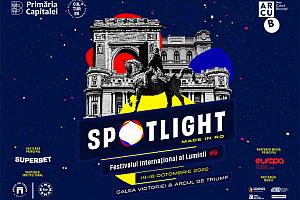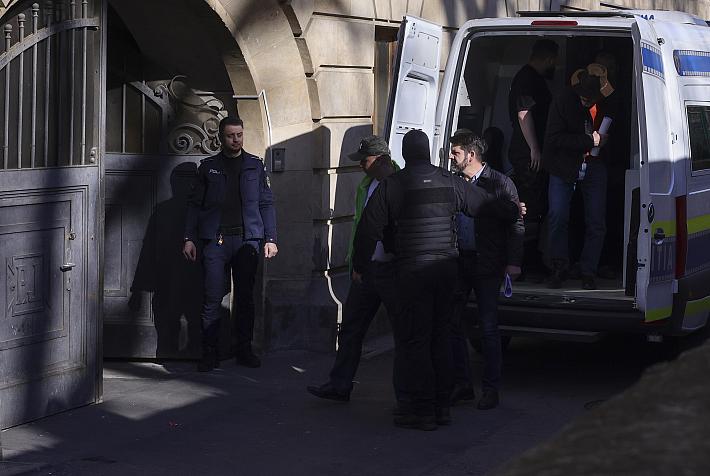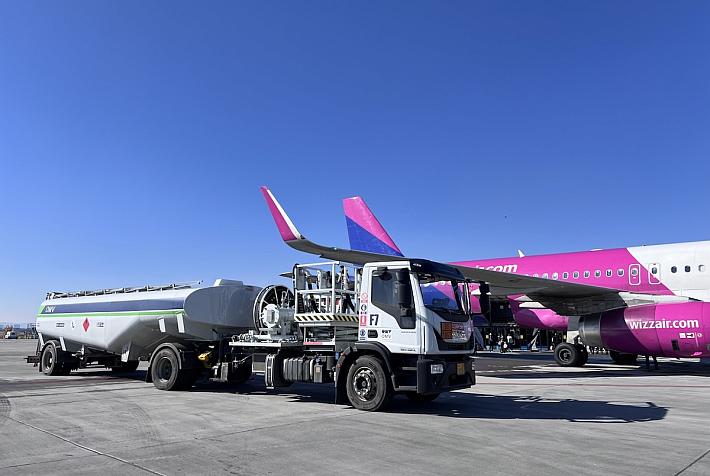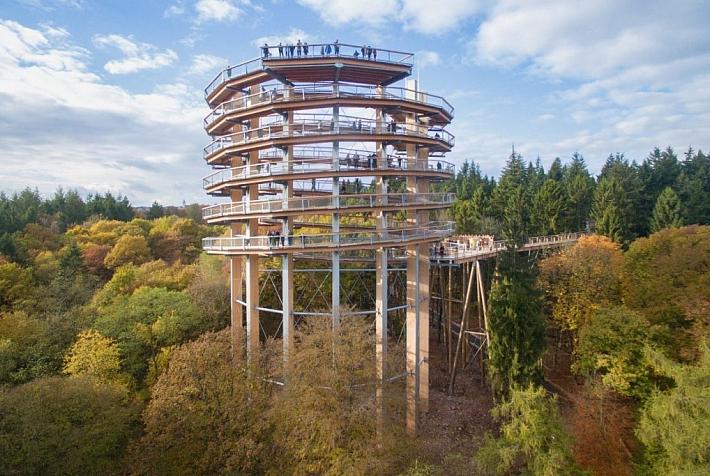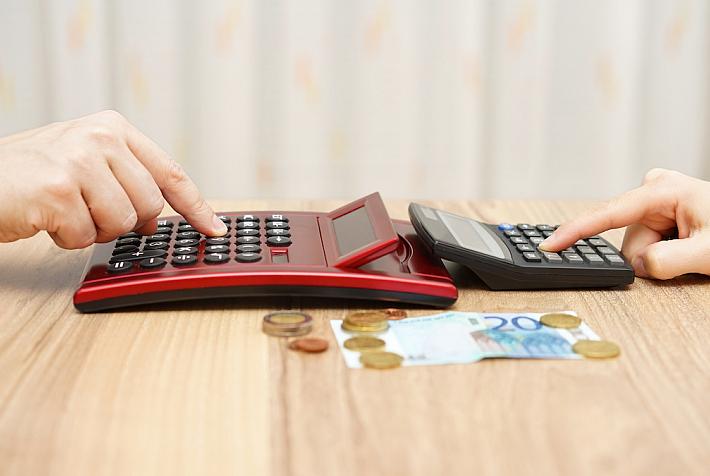Bucharest receives donation of a section of Berlin’s communist-era wall
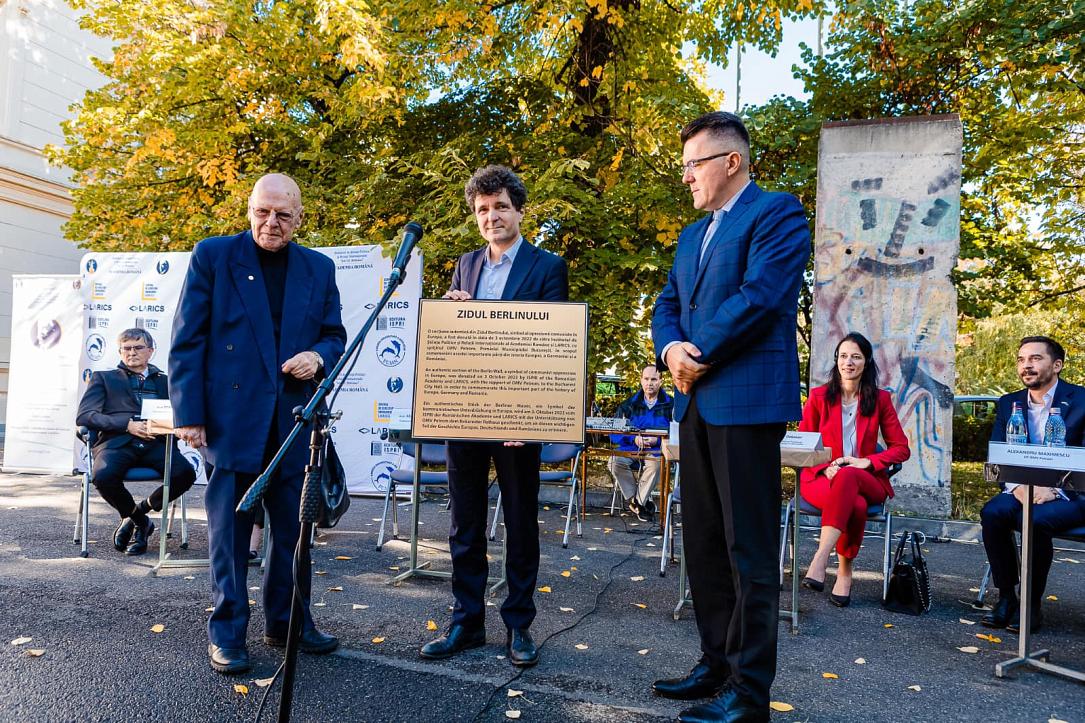
The Romanian Academy and the “LARICS” association donated a section of Berlin’s wall to the Bucharest City Hall, which will display it to the public.
“We will find the best place to house the section of the wall so that it is accessible to those who wish to see it,” said Bucharest mayor Nicușor Dan in a post on social media. “Bucharest has joined other cities of the world which hold pieces of the former wall as a reminder of fear and suffering, but also of the victory of democracy, freedom and human rights,” he added.
Dan also noted that the fall of the Berlin Wall represented the beginning of Romania’s transformation into a free and democratic state. He encouraged young people to come see the wall and “realize that nothing can be built through hate, violence, and fear.”
The post received the appreciation of social media users, with over one thousand likes. Some even had propositions for the mayor. “A good place to put it would be in front of the Russian embassy,” reads one comment.
Construction of the Berlin Wall began in 1961 in the Moscow-controlled German Democratic Republic, or East Germany. Communist propaganda painted the wall as a defense against Western “fascists,” but in reality the wall was meant to keep people from escaping to West Germany. The 43km wall featured guard towers, attack dogs, and barbed wire.
The Berlin Wall finally fell on November 9, 1989, with masses of people swarming the checkpoints, climbing the wall, or bashing it with hammers. Most of the wall was crushed to make materials, but some pieces of it were preserved.
Sections can be found in museums and universities across the world. In 2004, the German Consulate gifted the city of New York two sections of the wall. Cincinnati, Chicago, Los Angeles, and Fort Leavenworth, among other cities, also have segments as well. Other sections can be found in Buenos Aires, the Luxembourgish town of Schengen, Madrid, Vatican City, and Seoul.
(Photo source: Nicusor Dan on Facebook)







